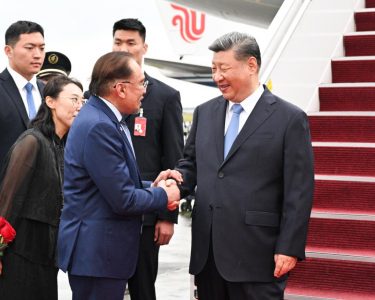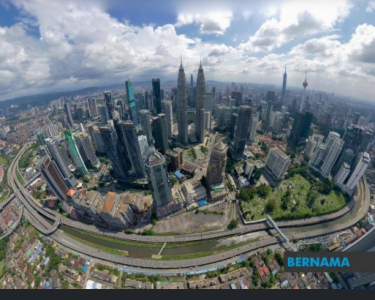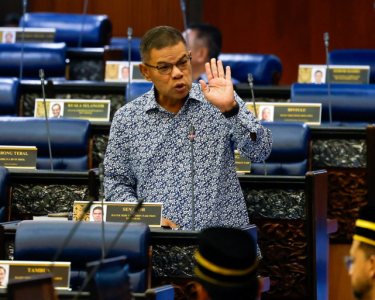KUALA LUMPUR, July 30 (NNN-Bernama) — Malaysia has urged the European Union (EU) to accept and recognise the Malaysian Sustainable Palm Oil (MSPO) certification scheme as one of the voluntary schemes under the Renewable Energy Directive (RED II) for the certification of low indirect land use change risk biofuels and bioliquids.
In a statement today, the Ministry of International Trade and Industry (MITI) said the Malaysian oil palm industry is committed to produce palm oil in accordance with the MSPO certification scheme, which will be implemented on a mandatory basis by Dec 31, 2019.
The country, it said, remains fully committed to negotiating in a sincere and constructive manner in ensuring a non-discriminatory treatment against palm products and to prevent the unnecessary barrier for market access of palm products into the EU.
“Malaysia has repeatedly emphasised our concern at the World Trade Organisation (WTO) platforms since 2018 and will continue to do so.
“Malaysia’s concerns were also being supported by other palm oil-producing countries such as Indonesia, Colombia, Guatemala, Honduras and Ecuador,” it said.
MITI will also continue to work closely with the Ministry of Primary Industries (MPI) to fully utilise and make use of the various WTO and international platforms in the best interest of Malaysia’s palm oil exporters and smallholders.
“Moving forward, Malaysia will also be elevating this issue to the dispute settlement mechanism under the WTO.
“In addition, the government continues to explore initiatives to increase the usage of palm oil in biodiesel for the domestic consumption, as an alternative, if palm oil exports to EU markets are affected by the EU RED II implementation,” the ministry said.
For transport sector, the country has implemented biodiesel B10 since February 2019, and MITI and MPI are working together towards implementing biodiesel B20 in 2020 and B30 by 2025 or earlier.
MITI said Malaysia has again raised its concerns on palm oil restriction for biofuel by the European Commission at the WTO meetings during May-June 2019.
The meetings comprised of the Committee on Trade in Environment on May 5, Technical Barriers to Trade on June 20-21 and Council on Trade in Goods on July 8-9.
The Delegated Act to implement the EU RED II for year 2021-2030 contains strict requirements against significant expansion of crops for feedstock biofuels, which may lead to the extension of agriculture land into areas with high carbon stock such as forests, wetlands and peatlands.
This is termed as indirect land use change (ILUC), where a crop carries a higher ILUC risk with greater extension of agriculture land into areas of high carbon stock.
The crops considered as “high ILUC-risk” will be phased out by 2030.
“Palm oil is categorised as “high ILUC-risk” in the Delegated Act and this is noticeably a form of disguised trade and protectionist measure against the crop,” MITI added.
NNN– BERNAMA






